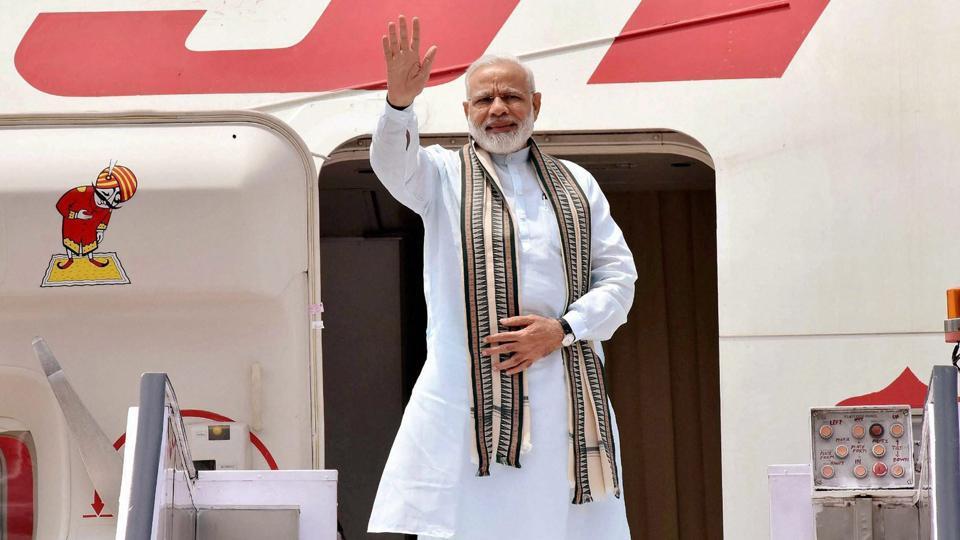Prime minister on four-nation tour
May 31, 2017 | Expert Insights

Prime minister is on a six day tour of Germany, Spain, Russia and France which began on May 29 as he reached Berlin to meet Chancellor Angela Merkel. He left on Monday for the trip aimed to boost economic and defence engagement and attracting more investment from some of the biggest economies of Europe.
Major agenda’s for the trip
India and Germany held the fourth round of the bilateral Inter-Governmental Consultation (IGC) in Germany. The first IGC was held in New Delhi in 2011, second in Berlin (2013) and third in New Delhi (2015). In the meeting, PM Modi called on more German companies to invest in India and focused on EU-India Free Trade Agreement (FTA). The issue of radicalization and terrorism was the major part of discussion. Both leaders also exchanged views on a range of bilateral, regional and global issues like the Brexit consequences.
PM’s second stop would be Spain. This is will be the first standalone visit to Spain by an Indian prime minister since then Prime Minister Rajiv Gandhi visited in 1988. The two leaders would share words on ways to enhance bilateral engagement, especially in the economic sphere, and cooperation on international issues of common concern, particularly in combating terrorism. PM aims to seek participation from Spanish industry on Indian projects including infrastructure, smart cities, digital economy, renewable energy, defence and tourism.
PM will arrive in Russia on 1st June where the two economies are expected to sign an agreement for Kudankulam atomic power plants 5 and 6. Defence cooperation, counter-terrorism, situation in Afghanistan, energy cooperation will be the main areas of discussions. The last stop of the PM’s tour will be France where he would meet President Macron to further strength India-France strategic ties.
Analysis
EU is India’s number one trading partner well ahead of china (10.8%), USA(9.3%), UAE (7.7%) and Saudi Arabia (4.3%). India was Europe’s 9th trading partner in 2016. The value of EU exports to India grew from €24.2 billion in 2006 to €37.8 billion in 2016. The value of EU imports to India also increased from €22.6 million in 2006 to €39.3 million in 2016, with textiles, clothing and chemicals goods at the top. EU stock investment in India has increased to €51.2 billion.
India and EU initiated negotiations on a Free Trade Agreement (FTA) in 2007. Seven rounds of negotiations were held without any conclusion. There were number of hurdles as both sides have major differences on issues like intellectual property rights, duty cut and liberal visa regime. The negotiation if achieved would have a major impact on the two economies. This may be a great opportunity for the two sides to move the deal. The expectation of discussion is high as European leaders seem to have open up to the idea of FTA with India.
Assessment
Germany and India are strategic partners since 2000 particularly in vocation training and technology. Germany is India’s largest trade partner in Europe and the seventh largest source of foreign direct investment (FDI). Alongside Germany has some of the best manufacturing companies and one of the best education systems in the world. Therefore, strengthen ties with Germany would help India in various sectors especially in make in India initiative to develop the manufacturing sector of the country.
After Brexit, It is an opportune moment for EU to establish trade deal with India as UK has already signed a separate deal with India and so is in competition with EU.
Russia’s recent overtures to Pakistan that includes sale of offensive weapons, military exercises would further complicate India’s fight against terrorism. Therefore, it is of great significance for India to have good relations with Russia since strengthening ties between Russia china and Pakistan could be a threat to India.








Comments